Online Homeschool Programs
If you are a parent, then you are aware of the fact that your child needs to attend school to get an education. Traditionally, parents were left with three educational options: have their child attend classes in their local school district, pay private school tuition, or homeschool their children. While homeschooling regulations can drastically vary from state to state, these three options were essentially the only forms of getting a primary education. However, as time has progressed, another option emerged in the form of online cyber charter schools where parents could allow their child to learn virtually via the computer.
While there are numerous reasons as to why a parent would want to explore other educational options for their child, many are unaware of the clear differences between homeschooling and online homeschool programs. With that said, let’s take a look at the key differences between both of these educational options and the advantages one may have over the other.
Teachers & Faculty
While the concept of getting an education at home is relatively the same, the structure of education can be vastly differ between homeschooling and online homeschool programs. For instance, at 21st Century Cyber Charter School (21CCCS), all the teachers are highly qualified, certified by the state of Pennsylvania, and hold college degrees. Plus, there are other certified faculty members from guidance counselors to staff administrators and more.
However, when it comes to homeschooling, parents may find themselves teaching subjects they are not very experienced or familiar with. On top of that, the parent acts as the administrator, guidance counselor, advisor, subject matter expert and any other educational role when necessary.
Curriculum
Public cyber charter schools implement a curriculum that is set and approved by the state, in which 21CCCS specifically bases their programs on the Pennsylvania Core Standards. Furthermore, online cyber charter schools can individualize the curriculum to suit the students’ learning style and varying academic level. In addition, they provide for a full range of courses that can encompass not only the core subjects, but delve into world languages, honors/AP level studies and much more.
When it comes to a curriculum for homeschooling, it’s left up to the parent to find and research an appropriate curriculum that adheres to state and national standards, then develop plans to teach that curriculum.
Attendance & Academic Policies
It is important to understand that online homeschool programs follow the same state attendance and academic policies that are already set in place, so the educational accountability is already established. This also accounts for other records like grades, testing and other requirements that are maintained from day one within the online learning management system. Additionally, cyber charter schools follow a traditional school year calendar but there aren’t any snow days or buses to catch to attend class.
On the other hand, homeschooling parents are responsible for understanding the local attendance and academic policies and are accountable for reporting those records to the state while also preparing for yearly evaluations.
Socialization
Online homeschool programs provide students with many opportunities to socialize with other students, both online and offline. They regularly schedule local activities, events, trips, clubs and other meetings that are designed to encourage and support socialization among the student body. Additionally, they offer students with activities found in traditional school settings like a yearbook committee, literary magazines and virtual drama presentations to promote creativity. Lastly, students who meet graduation requirements are eligible to attend a formal graduation ceremony to receive a diploma with the school’s name on it. They also have the traditional cap and gown experience with fellow students, faculty, staff and family members.
Socialization activities for homeschooled children are often challenging as the parent must research and find socialization opportunities on their own. It should also be noted that homeschooled children may miss out on the opportunity to participate in clubs like yearbook and other group-driven activities. Additionally, the parent is responsible for creating a diploma and graduation ceremony and some choose to receive a GED as a record of high school equivalence.
 With the above information, you now understand the key differences between homeschooling and an education from online homeschool programs. At the end of the day, it all comes down to providing your child with an education because they need to learn important skills in order to succeed. However, with all the above points, cyber charter school have numerous advantages and benefits that cannot be replicated through homeschooling. Set your child up for success today by enrolling them in 21st Century Cyber Charter School for the best online education in Pennsylvania.
With the above information, you now understand the key differences between homeschooling and an education from online homeschool programs. At the end of the day, it all comes down to providing your child with an education because they need to learn important skills in order to succeed. However, with all the above points, cyber charter school have numerous advantages and benefits that cannot be replicated through homeschooling. Set your child up for success today by enrolling them in 21st Century Cyber Charter School for the best online education in Pennsylvania.



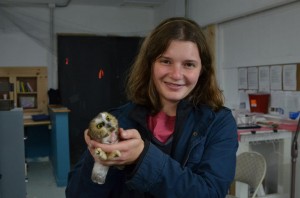 A few years ago I couldn’t possibly have imagined that the summer after my freshman year of college, I would find myself in the rainforests of Malaysian Borneo, living out my dream of studying birds. But, last summer that’s where I was: living in an idyllic cabin on a pond in the jungle, watching and filming the most beautiful birds I’ve ever seen, and helping to answer (and ask!) questions about their poorly-known biology.
A few years ago I couldn’t possibly have imagined that the summer after my freshman year of college, I would find myself in the rainforests of Malaysian Borneo, living out my dream of studying birds. But, last summer that’s where I was: living in an idyllic cabin on a pond in the jungle, watching and filming the most beautiful birds I’ve ever seen, and helping to answer (and ask!) questions about their poorly-known biology.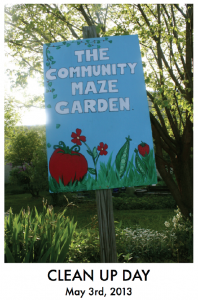
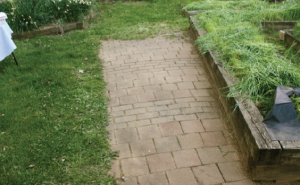
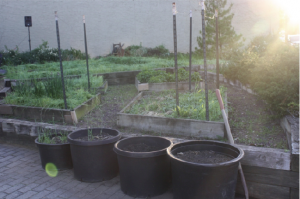
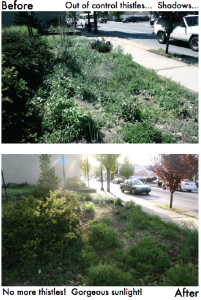
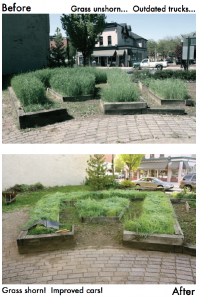
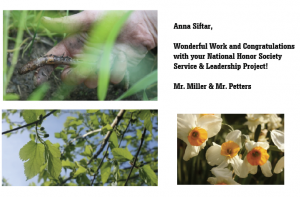

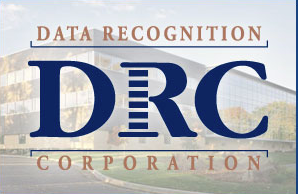
 I’m currently a freshman at MIT in Cambridge, MA. Most of my first year here will be spent taking general intro classes, but I plan to get a biology degree and become a medical researcher. I love late-night sociopolitical discussions, sweet potatoes, and the BBC’s Sherlock. I’ve also been dancing (ballet and ballroom, mostly) since I was about 7, and I’ve continued that at MIT as well.
I’m currently a freshman at MIT in Cambridge, MA. Most of my first year here will be spent taking general intro classes, but I plan to get a biology degree and become a medical researcher. I love late-night sociopolitical discussions, sweet potatoes, and the BBC’s Sherlock. I’ve also been dancing (ballet and ballroom, mostly) since I was about 7, and I’ve continued that at MIT as well.